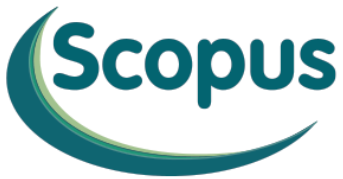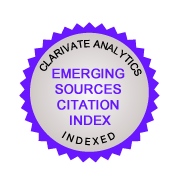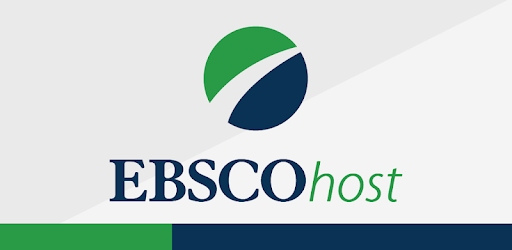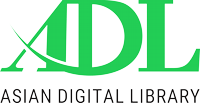SELF-DIRECTED LEARNING CURRICULUM: STUDENTS’ PERSPECTIVES OF UNIVERSITY LEARNING EXPERIENCES
DOI:
https://doi.org/10.32890/mjli2020.17.2.8Keywords:
Self-directed Learning, Empowerment, Freedom, Learner Autonomy, Learner Control, Students’ Learning ExperiencesAbstract
Purpose - Self-directed learning (SDL) requires students to be active throughout their learning process by deciding and finding their own learning objectives, learning strategies and various learning opportunities as well as learning resources. This study, which investigates the university students’ perspectives of university learning experiences, aims to shed light on the extent university ecosystem’s support and ensure the effectiveness of SDL implementation. Methodology - Twenty Malaysian public university students were interviewed to obtain their views on SDL, and to explore their SDL experiences. A constructivist grounded theory approach was used to inform the methodological and analytical framework of this study. A ‘backward-and-forward’ approach was used to analyse the interview data. Findings - The findings suggest that abundant university curriculum could potentially inhibit SDL, yet majority of university students acknowledge that SDL can support their lifelong learning journey, and prepare them to be skilful workers. Most research participants suggest that SDL moves beyond educator-designed learning strategies to a type of learning where freedom in learning becomes priority. Significance - As the mastery of SDL skills is very important to ensure that the students are competent in facing real world challenges, this study suggests that for effective implementation of SDL, both students and educators should acknowledge their roles as equal learning partners.Metrics
Metrics Loading ...
Additional Files
Published
31-07-2020
How to Cite
Mohamad Nasri, N., Halim, L., & Abd Talib, M. A. (2020). SELF-DIRECTED LEARNING CURRICULUM: STUDENTS’ PERSPECTIVES OF UNIVERSITY LEARNING EXPERIENCES. Malaysian Journal of Learning and Instruction, 17(2), 227–251. https://doi.org/10.32890/mjli2020.17.2.8
Issue
Section
Articles




























